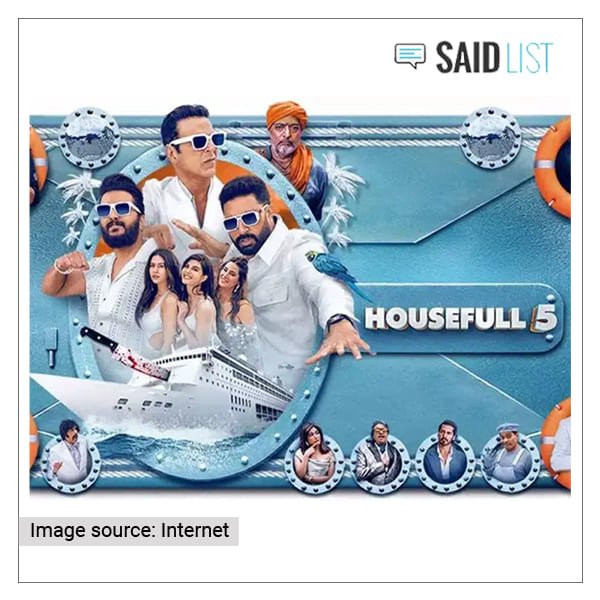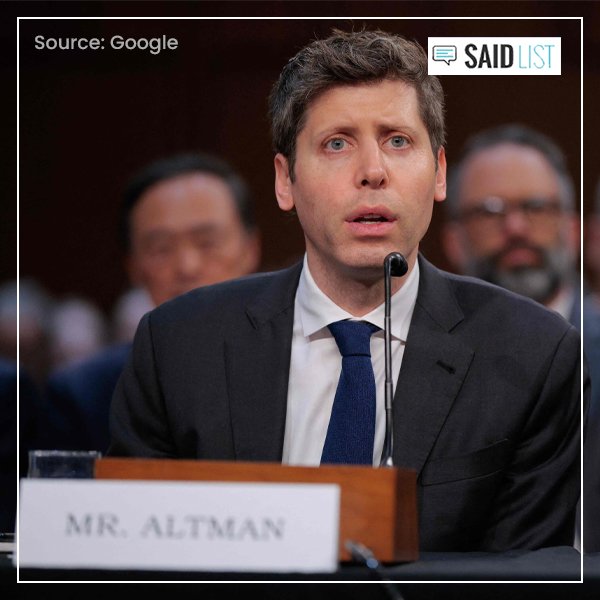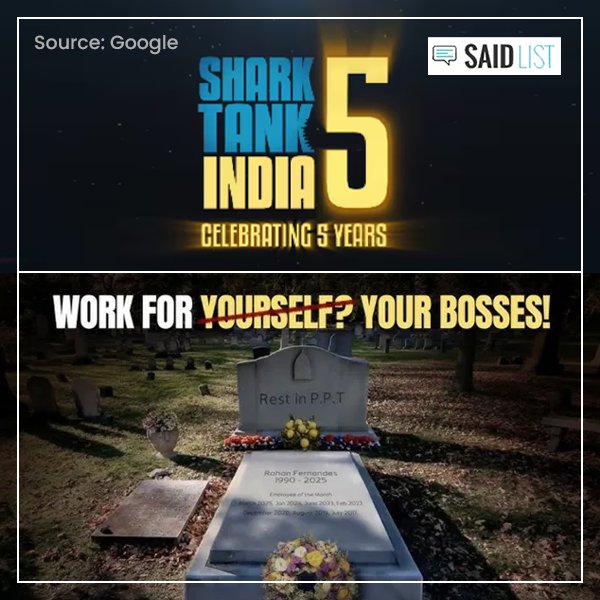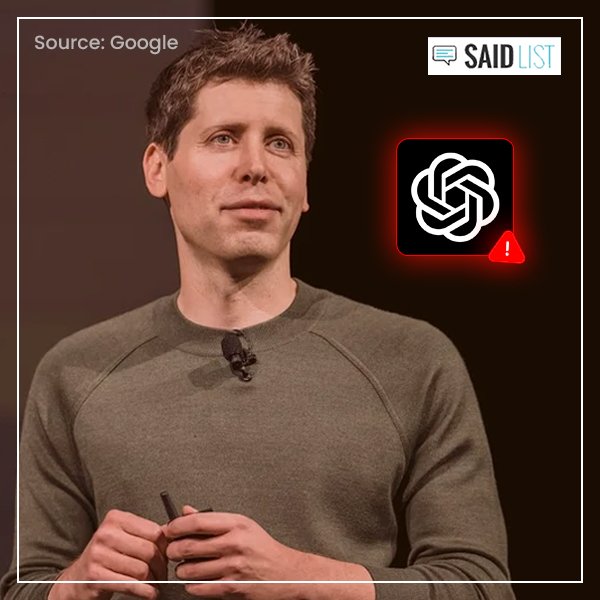In the world of Indian startups, the contrasting public personas of Zomato’s Deepinder Goyal and Ola Electric’s Bhavish Aggarwal have sparked widespread debate. Although both tech titans hail from the prestigious Indian Institutes of Technology (IIT), their reputations could not be more different.
While Goyal is celebrated for his customer-centric approach, Aggarwal finds himself embroiled in controversy, facing backlash for what many perceive as arrogance. The latest incident involves Aggarwal’s heated exchange with comedian Kunal Kamra over a tweet showcasing neglected Ola scooters. Instead of addressing the growing concerns about Ola’s service, Aggarwal engaged in a public spat, which only fueled criticism.
Social media users are quick to draw comparisons. One user remarked, “Bhavish Aggarwal will soon learn how costly it can get to be publicly arrogant as a rich businessman in India.” Complaints against Ola scooters have surged to an alarming 80,000 per month, prompting questions about Aggarwal’s leadership style and priorities.
In stark contrast, Goyal has recently demonstrated his commitment to understanding customer needs. He donned Zomato’s signature red and spent time as a delivery partner. He was directly engaging with the very workforce that keeps his business running. His hands-on approach earned him accolades as a “PR masterclass,” showcasing how authentic engagement can enhance brand perception.
Goyal’s humility and willingness to learn from feedback have significantly cultivated his positive image. By openly acknowledging the challenges faced by delivery partners, he not only highlighted the need for better working conditions and more humane treatment, but also demonstrated genuine empathy. This strategic maneuver has effectively positioned Goyal as a relatable and approachable leader in a highly competitive market,. He reinforced his reputation as someone who listens and acts on the concerns of both employees and customers.
As Aggarwal navigates the fallout from his recent social media debacle, Goyal, in contrast, continues to build goodwill through charitable initiatives and community engagement. While Aggarwal faces mounting criticism, Goyal’s actions strengthen his public image, underscoring the importance of thoughtful leadership. Ultimately, the divergent paths of these two CEOs serve as a crucial lesson in the power of public relations and the significant impact leadership styles have on brand reputation. It becomes clear that how leaders engage with their audiences can either elevate or tarnish their standing in the market.
In a digital age where social media amplifies every action, the contrasting approaches of Goyal and Aggarwal underscore the importance of humility, engagement, and responsiveness in leadership. Who will emerge victorious in this battle of perceptions? Only time will tell.











